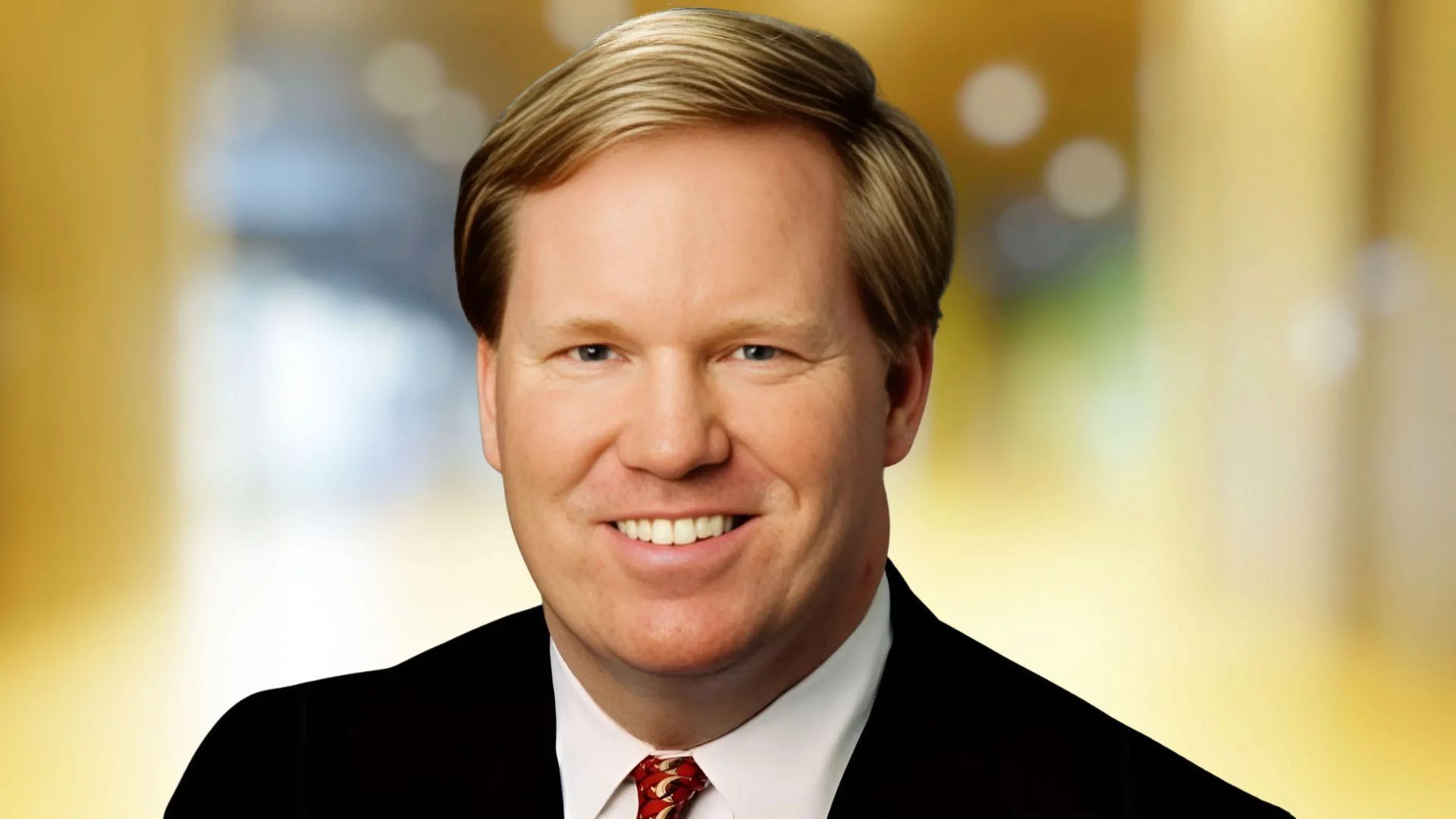
Harold H. Kim, President for U.S. Chamber Institute for Legal Reform | U.S. Chamber Institute for Legal Reform
The U.S. Chamber Institute for Legal Reform has expressed renewed concerns over third-party litigation funding (TPLF), highlighting issues of transparency and national security risks. The organization has urged Congress to address tax loopholes exploited by foreign funders, as said in a recent press release.
According to the U.S. Chamber Institute for Legal Reform's June 13 press release, TPLF allows investors, often foreign, to finance lawsuits in exchange for a share of the proceeds. These financial relationships are rarely disclosed in court, raising concerns about potential conflicts of interest. The Institute notes that funders may influence litigation strategies while remaining undisclosed to judges, juries, and defendants. Additionally, it highlights national security risks as foreign entities could exploit the U.S. legal system for profit or access sensitive information without oversight.
Bloomberg Law reports that some high-profile mass tort cases in the U.S., such as the Roundup lawsuits against Bayer AG and talc litigation involving Johnson & Johnson, have been funded by global investment firms like Fortress Investment Group. This firm is primarily owned by an Abu Dhabi sovereign wealth fund. The article discusses how foreign capital infusion into American lawsuits not only has economic implications but also raises concerns about foreign influence and access to confidential corporate data. Legal experts warn that unchecked foreign funding could compromise the integrity of the American judicial system.
A 2024 market report from Westfleet Advisors indicates that TPLF continues its rapid growth in the United States, with 42 commercial litigation funders managing approximately $16 billion in assets under management this year. Westfleet notes that this figure represents only a portion of the broader TPLF sector, which is expanding as more investors seek returns from legal outcomes rather than traditional business activities. The report suggests that TPLF growth is complicating and increasing costs within the litigation landscape for businesses and consumers alike.
The Wall Street Journal has reported on current U.S. tax laws allowing foreign litigation funders to classify profits from lawsuit investments as capital gains, exempting them from ordinary income tax obligations. This loophole has faced criticism from policy experts and lawmakers who argue it incentivizes litigation at the expense of the U.S. economy while increasing costs for American businesses and consumers. The Wall Street Journal advocates for legislative reforms to tax lawsuit profits as ordinary income and require disclosure of funders to close loopholes and protect the legal system from foreign exploitation.
The U.S. Chamber Institute for Legal Reform serves as the advocacy and research arm of the U.S. Chamber of Commerce, focusing on advancing legal reforms that promote transparency, efficiency, and fairness within the American civil justice system. According to its official website, ILR publishes original research, offers policy recommendations, and supports legislation aimed at addressing legal system abuses while curbing excessive litigation's negative impacts. The organization collaborates with business leaders, legal experts, and lawmakers to advocate for reforms enhancing U.S. economic competitiveness and consumer welfare.






 Alerts Sign-up
Alerts Sign-up